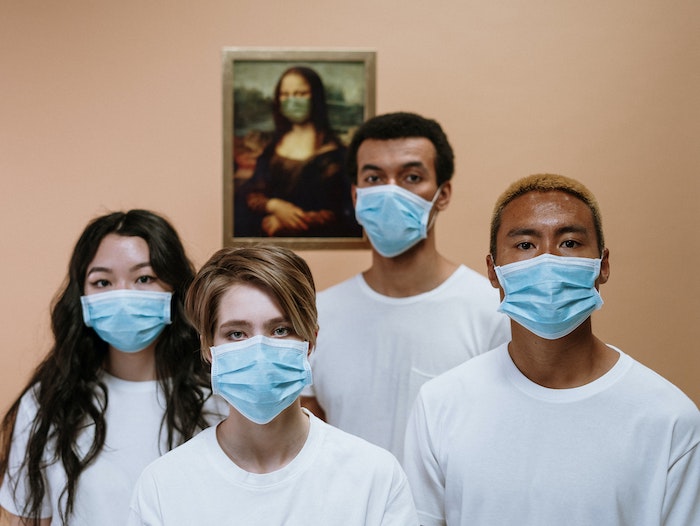By Kate Howard
Much of the focus this past year has been on the threat that coronavirus poses for older adults, particularly those ages 65 and above. Compared to 18-29 year-olds, 65-74 year-olds are 5 times more likely to need hospitalization due to COVID-19, and 90 times more likely to die from the disease. While these statistics are tragic and frightening, we can’t undermine the negative effects that this pandemic is also having on the younger generation.
For starters, though the long-term effects of the virus are still not entirely known, doctors have noticed that recovered COVID-19 patients still face persisting damage to their heart, lungs, kidneys, and brain weeks and months after recovery, regardless if the patient showed symptoms at the time of infection. This fact is especially worrisome for young adults, who constituted more than 20 percent of all coronavirus cases in the US from June through August of 2020, and who are still victim to significant coronavirus outbreaks both at work and on college campuses. These people might face more serious health problems down the line, but could also face the added stress of being turned away by health insurers if coronavirus is labeled as a preexisting condition in the future.
Sadly, lack of health insurance is already a problem for many young adults in the US today. In 2019, 19-34 year-olds in America accounted for the greatest rate of uninsurance, with 15.6 percent of people in this age group going without health insurance, compared to just 0.8 percent of those ages 65 and older. The pandemic has only worsened the uninsured rate for this younger demographic, who has also been most affected by pandemic unemployment. Between spring 2019 and spring 2020, the percent of unemployed workers ages 16-24 nearly tripled, surging from 8.4 percent to 24.4 percent. In this same time frame, the unemployment rate for those ages 25 and older increased from 2.8 percent to 11.3 percent.
Nearly half of Americans were provided health care through their employer in 2019, meaning millions of Americans not only lost their jobs in 2020, but lost affordable health care access as well. While many people’s reactions to these statistics is to call for businesses to open back up in order to restore suffering Americans to their jobs and health care plans, the real conversation should be about how outrageous it is that affordable health care access is tied to a person’s job status. Hinging a person’s ability to see a doctor on whether or not they are employed is both cruel and unusual. We are always people first and workers second, and deserve medical treatment regardless of what we each contribute to the US economy.
Health care is a young person’s issue. The unemployment rate for young workers is not the fault of young people, and they should not be punished with loss of access to medical care, nor should any age group. If the US provided health care for all, not only would lives be saved and medical debt become an issue of the past, but young people could take a greater interest in their health and prevent future medical problems they would otherwise encounter. It is time to recognize that affordable health care is not just an emergency fund, but also a preventative measure that would foster healthier communities down the line.


